4 Pieces of Commercial Kitchen Equipment That Need Extra Attention
May 28, 2021
New Paragraph
Filled with heat, steam, noise, and speed, commercial kitchens can be extremely busy and fast-paced. With so much high-powered equipment in one space, it’s not always easy to keep everything running as it should. Burners can get caked with oil, hoods can stop working properly, and refrigerators can leak ice-cold air. If you’re unsure where to start with commercial kitchen maintenance, we have a quick guide for you. By prioritizing these key pieces, you’ll make sure the most important components of your commercial kitchen
will work for years.
1. The Commercial Ventilation Hood
Cleaning and maintaining the ventilation hood in your commercial kitchen can have a cumulative effect on the longevity of your other kitchen equipment. If grease builds up in the hood, water vapor and condensation won’t be properly vented, leading to increased heat, humidity, and aerosolized grease in your commercial kitchen. To prevent this, schedule a quarterly hood cleaning with a reputable local commercial kitchen equipment service and repair company. During this quarterly visit, the service technician can also assess the health of your ventilation system and complete any repairs if needed.
2. The Commercial Kitchen Range
A large range is the workhorse of any commercial kitchen. Since it’s so essential for food preparation, it needs to be kept in top-of-the-line shape for peak performance. Daily cleaning of grates and range surfaces
is the best way to ensure longevity for your machine. This daily routine, combined with planned maintenance visits, will give you the best chance of keeping the range functioning properly. The range is also one of the most expensive pieces of equipment in a commercial kitchen, making it a top priority when it comes to maintenance. Without a functioning range, a kitchen can be shut down for days, risking a substantial loss of revenue. Don’t forget about the griddles and grills used on the range. These need to be cleaned regularly, wiped down daily, and the grease filters and traps should be checked and cleaned on a weekly basis.
3. Commercial Refrigerators and Freezers
Commercial kitchen cooling units such as fridges and freezers require regular maintenance and attention over time. If a commercial refrigerator isn’t keeping food cold, there’s a host of issues that could go wrong in that scenario. From a safety perspective, keeping perishable foods cold is an essential component of food storage and preparation. Commercial refrigerators and freezers must be fully operational to prevent customers from getting sick or health code violations. Having a low-performing refrigerator or freezer can also cost you as much as thousands in energy bills. Planned maintenance can help your refrigerator or freezer stay as energy-efficient as when you first purchased it. You can give your fridge the attention it needs by having an authorized service agent assess and address the equipment regularly. Your service technician should check refrigerant levels, replace door gaskets, clean coils, calibrate thermostats, and clear drain lines to keep your equipment running smoothly.
4. Commercial Deep Fryers
Fryers require a lot of attention because they’re at risk of oil buildup, which can cause grease fires as well as indoor air pollution. To keep your fryer running safely, you must change the oil in your commercial deep fryer once every two weeks if used occasionally. You will need to filter and change the oil more frequently if you use your deep fryer daily. If there is a more burnt smell to the oil or if food is coming out a little darker than usual, these are two signs that you may be overdue for an oil change. Remember to filter your oil regularly, ideally using a commercial oil filter. When it comes to deep fryers, cleaning is everything. All components of the fryer should be cleaned daily to prevent oil buildup. Deep cleaning should be done every three to six months, and it should be inspected once a year by an authorized service repair technician.
Does Your Commercial Equipment Need Some Attention?
It can be tough to keep track of all the regular maintenance your commercial kitchen needs. To help you stay on track, we offer planned maintenance visits so that you can proactively protect your commercial kitchen equipment. ATECH is committed to repairing and maintaining your equipment quickly, efficiently, and effectively. To help you keep a regular schedule for servicing your commercial kitchen equipment, reach out to us for a planned maintenance visit
today.
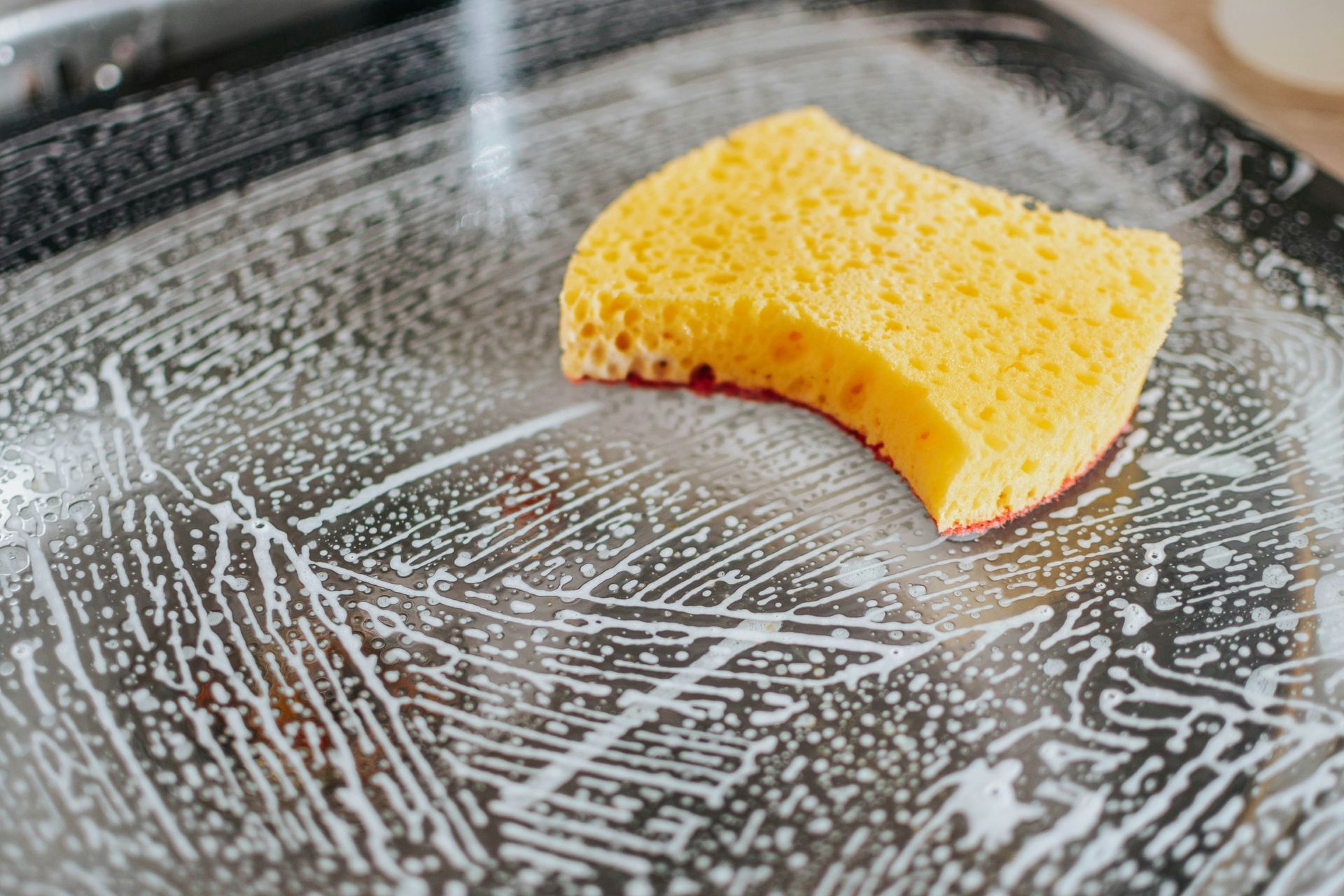
As the season changes and springtime blooms, it's the perfect opportunity to refresh and rejuvenate your restaurant space. Spring cleaning isn't just about tidying up; it's about ensuring a safe, welcoming environment for your patrons and staff. In this blog post, we'll explore some essential tips and best practices for restaurant cleanliness in the springtime. Embrace Deep Cleaning : Spring cleaning is the ideal time to tackle those deep cleaning tasks that may have been neglected during the busier seasons. From scrubbing floors and walls to deep cleaning kitchen equipment, thorough sanitation ensures a hygienic environment for food preparation and service. Focus on High-Traffic Areas : Pay special attention to high-traffic areas such as dining areas, restrooms, and entryways. These areas are prone to accumulating dirt, dust, and germs, making regular cleaning essential for maintaining a pristine appearance and preventing the spread of illness. Refresh Outdoor Spaces : If your restaurant has outdoor seating areas, spring is the perfect time to freshen them up. Clean outdoor furniture, sweep away debris, and power wash outdoor surfaces to create an inviting atmosphere for al fresco dining. Check and Replace Equipment Filters : Don't forget to inspect and replace filters in HVAC systems, refrigeration units, and ventilation hoods. Clean filters help maintain air quality and prevent the buildup of contaminants, ensuring a healthy indoor environment for both customers and staff. Engage Staff in Cleaning Initiatives : Encourage staff members to take pride in the cleanliness of the restaurant by involving them in spring cleaning initiatives. Assign specific tasks and provide training on proper cleaning procedures to ensure consistency and effectiveness. Implement Regular Maintenance Schedule : Establish a regular maintenance schedule to keep up with cleaning tasks throughout the year. By incorporating daily, weekly, and monthly cleaning routines, you can maintain a high standard of cleanliness and prevent the accumulation of dirt and grime. Invest in Quality Cleaning Products : Choose cleaning products that are effective yet environmentally friendly. Look for products that are certified as safe for use in foodservice establishments and follow manufacturer recommendations for proper application and usage. Monitor and Adjust Cleaning Protocols : Continuously monitor cleaning protocols and adjust as needed based on feedback, customer traffic, and changing regulations. Regular evaluation ensures that your cleaning practices remain effective and in compliance with industry standards. Spring cleaning is an essential aspect of restaurant maintenance that goes beyond just aesthetics. By implementing thorough cleaning routines, engaging staff members, and investing in quality cleaning products, you can create a safe, hygienic environment that enhances the dining experience for your customers and promotes a healthy work environment for your staff. As you embark on your spring cleaning journey, remember that ATECH is here to support you with a wide range of cleaning and maintenance solutions tailored to meet the unique needs of your restaurant. Happy spring cleaning!

Winter is here, and at ATECH, we understand the unique challenges businesses face in keeping their commercial equipment running smoothly during the colder months. In this comprehensive guide, we'll delve into the strategies, tips, and success stories that can help your business navigate winter effortlessly. From equipment maintenance to emergency services, consider this your go-to resource for mastering winter with ATECH. Winter Equipment Maintenance Tips Checklist for Winter-Ready Equipment: Inspect Seals and Gaskets : Ensure a tight seal to prevent cold air leakage. Check Insulation : Evaluate the insulation of walk-in coolers and freezers. Clean and Sanitize : Thoroughly clean and sanitize all equipment surfaces. Temperature Adjustment : Set optimal winter temperatures for each piece of equipment. ATech Maintenance Tips for Different Equipment: Fryers and Grills : Clean and inspect burners for efficient operation. Ice Machines : Check water lines for insulation and replace filters regularly. Heating Systems : Schedule preventive maintenance to optimize efficiency. Electronic Equipment : Keep spaces well-heated and clean to prevent malfunctions. Businesses often grapple with specific equipment failures that can disrupt operations. ATECH understands the challenges posed by heating system malfunctions, electronic equipment performance, and other issues during the colder months. To tackle these common winter-related failures, businesses should prioritize preventive measures. Regular heating system maintenance checks and air filter replacements can prevent malfunctions. For electronic equipment, maintaining ambient room temperature and conducting routine cleaning are key strategies to ensure optimal performance throughout winter. ATECH's Winter Services: A Lifeline for Your Business Winter demands a proactive approach to equipment maintenance, and ATECH stands as the lifeline for businesses navigating the challenges of the season. Our comprehensive winter services go beyond mere repair and include prompt equipment repairs, planned maintenance, and emergency services. With a commitment to same-day service for urgent winter emergencies, ATECH ensures that businesses can rely on swift resolution during critical times. What sets us apart is our team of factory-trained and CFESA-certified technicians, offering not just reliability but a dedicated partnership to keep your business running smoothly through the coldest months. Trust in ATECH, your lifeline in the winter business landscape. Winter doesn't have to be a season of uncertainty for your business. With ATECH by your side, you have a reliable partner dedicated to providing top-notch equipment repairs and maintenance services. Master winter with confidence, knowing that our comprehensive guide and expert services are here to support your business every step of the way. For personalized winter readiness assessments and expert guidance, contact ATECH today. Let's navigate winter together, and keep your business thriving.

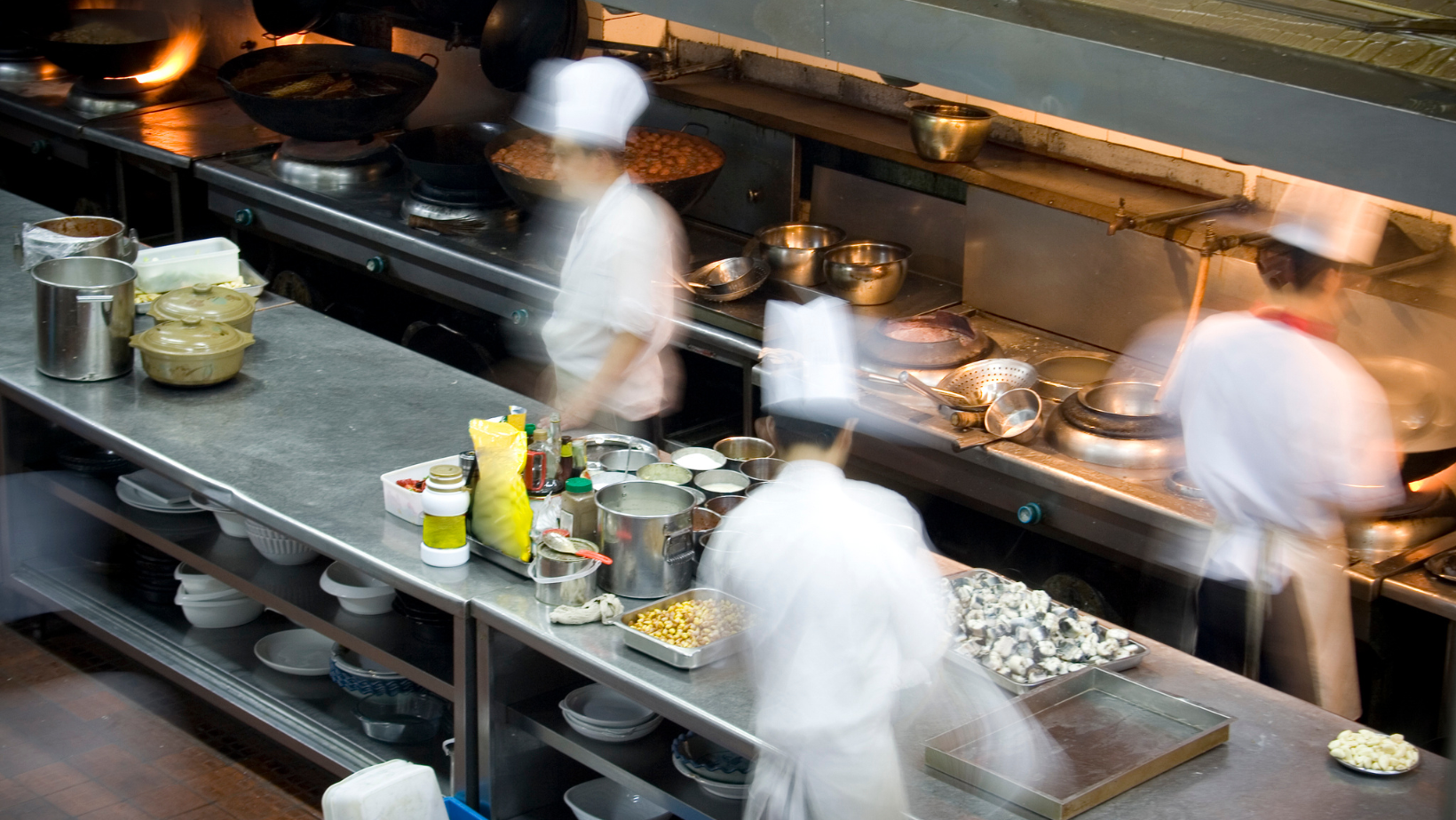

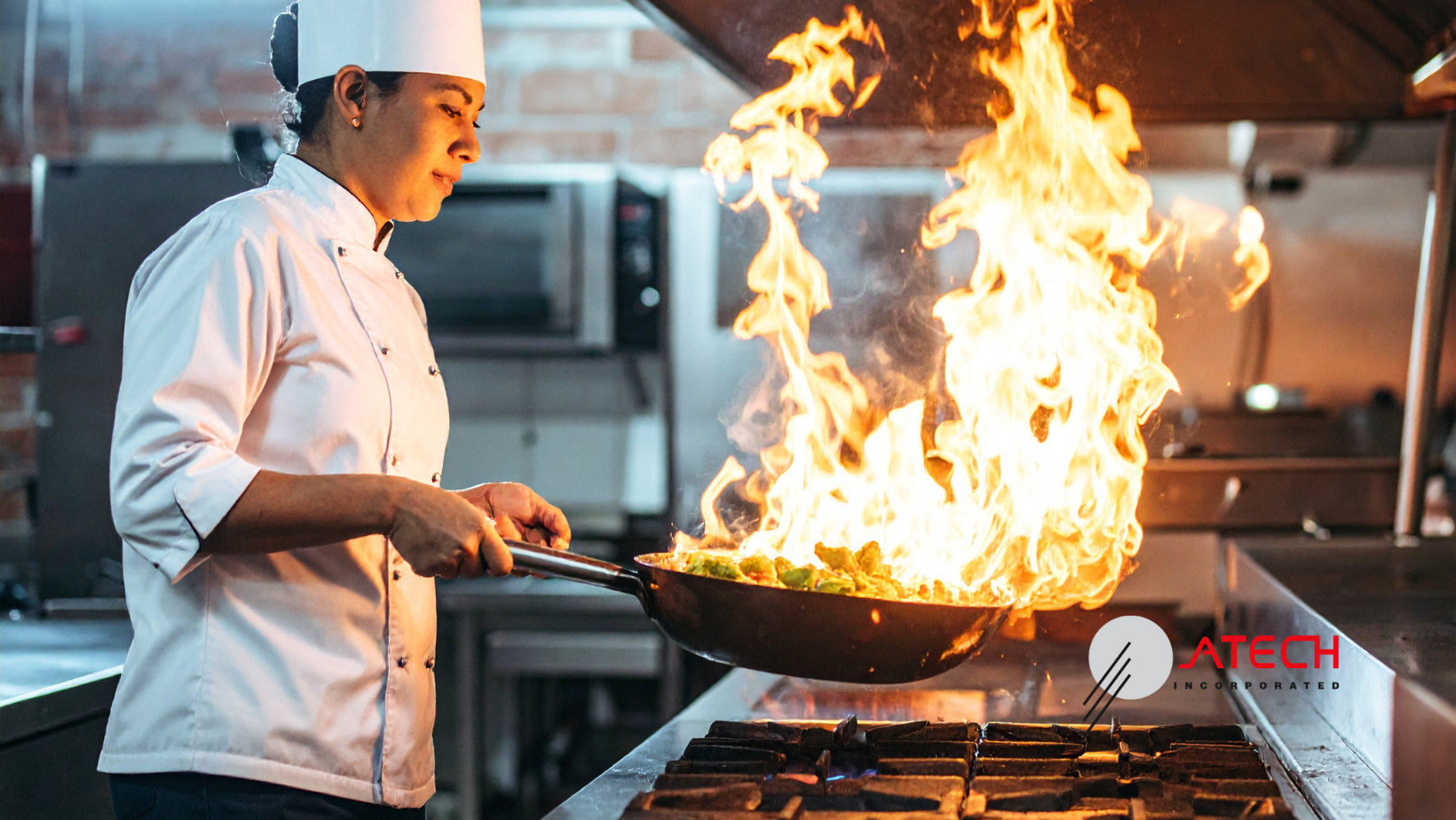


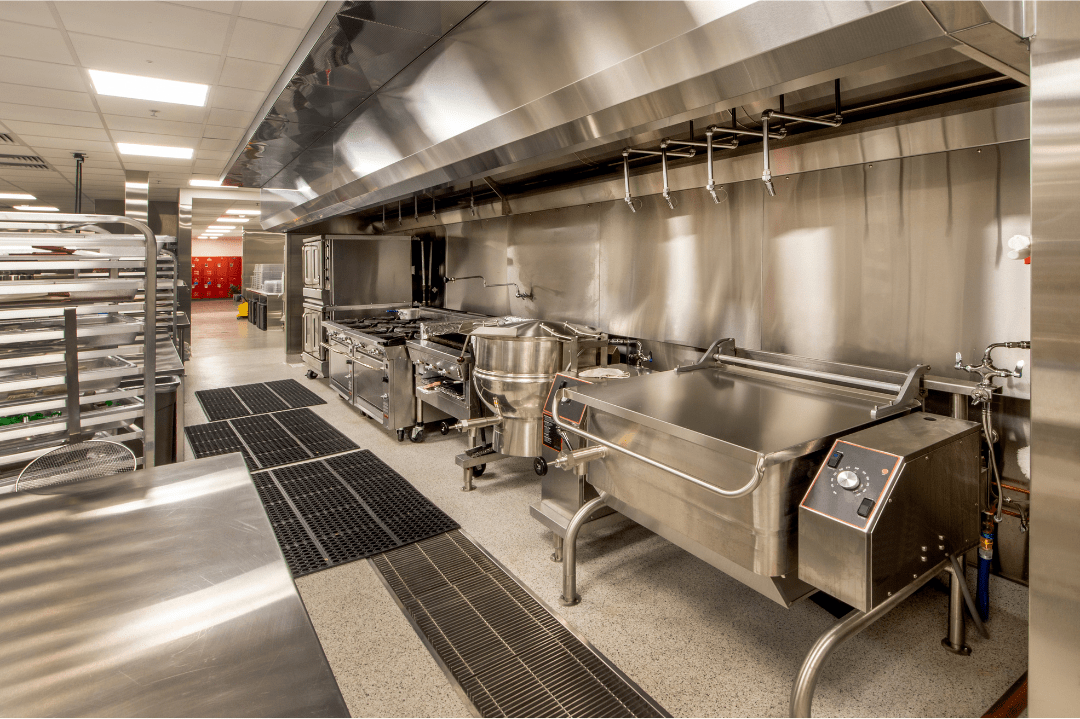
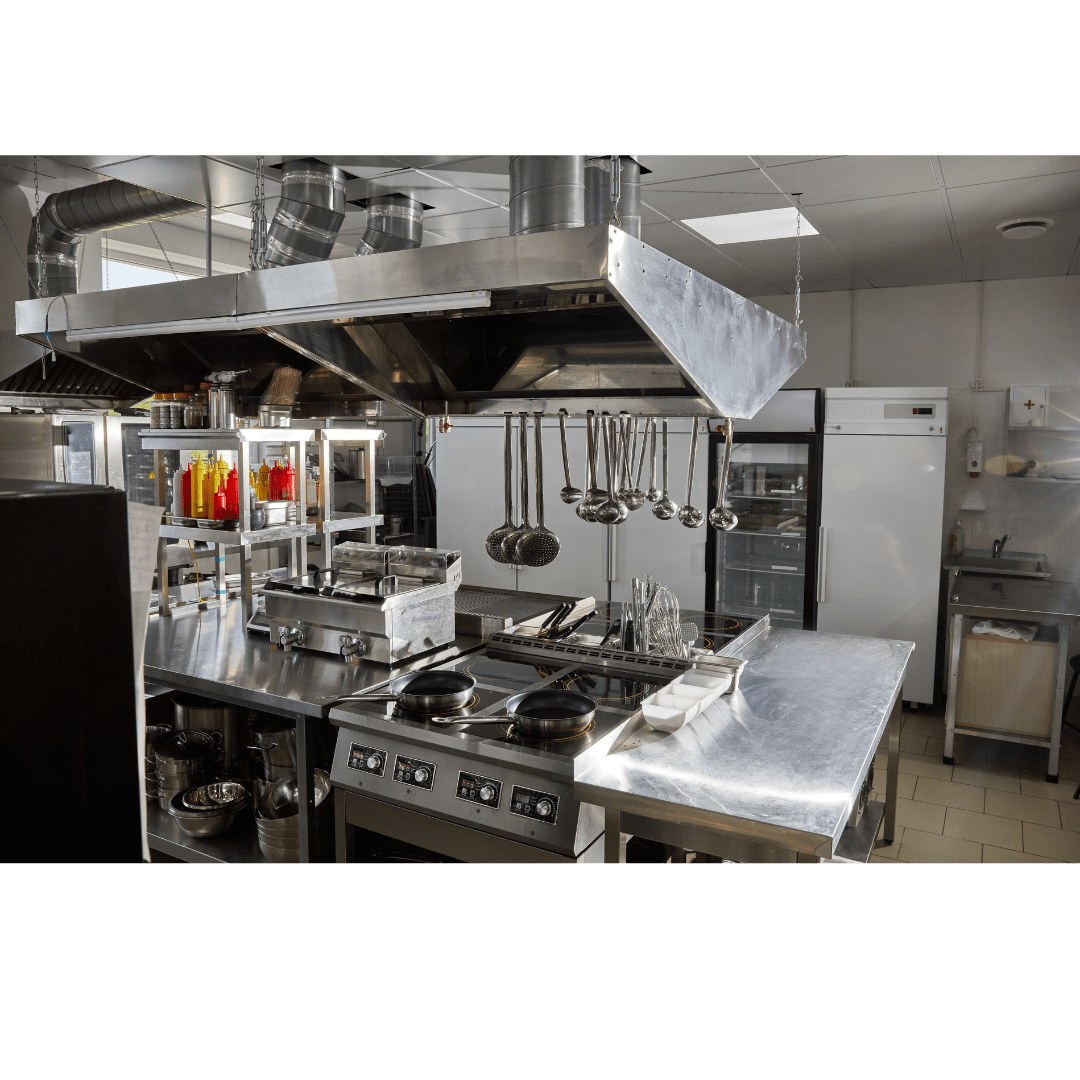

Share On: